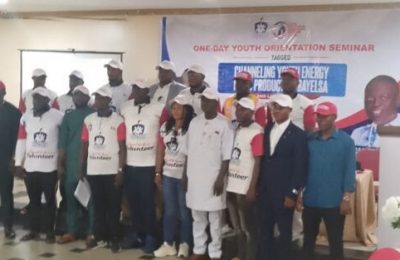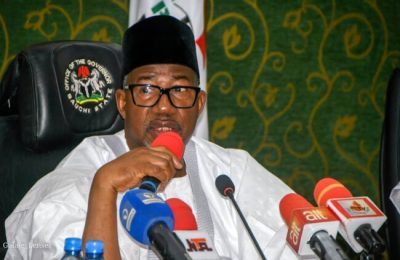
The National Association of Proprietors of Private Schools(NAPPS) has restated its commitment to produce global and future-ready learners.
The National President of NAPPS and chairman of Lagooz Schools, Yomi Otubela, gave the assurance in his message to commemorate this year’s World Children’s Day on Monday.

The event has “Global Citizenship: Inspiring Students to Think Globally and Act Locally by Creating Art that Reflects Their Understanding of Global Issues” as its theme.
Speaking, Otubela said the theme of the event resonated with the mission of NAPPS and the future the association envisions for students across member schools nationwide.
He said the association celebrated all the children who attend members’ schools across Nigeria and other children elsewhere, adding that the occasion was also used to acknowledge children’s potential and educate them to cultivate a culture of empathy, sustainability, and creative expression.
According to him, since the world is increasingly interconnected, the concept of global citizenship is more relevant than ever.
Otubela said, “It is our collective responsibility as educators, parents, and leaders to cultivate a sense of global awareness and responsibility in our children.
“We must inspire them to see beyond their immediate environment and understand the broader context of their actions and decisions.”
He explained further, saying, “As global citizens, students have to learn to appreciate the diversity of cultures, understand global issues such as climate change, inequality, and human rights, and also take proactive steps to contribute positively to society”.
According to him, when students think globally and act locally, they become agents of change, capable of addressing both local and global challenges with creativity and compassion.
Otubela declared that art is a powerful medium through which students can express their understanding of global issues more so that the concept transcends language and culture barriers.
He explained that encouraging children to create art that reflects their perspectives on global challenges would translate to mean they are provided with a platform to voice their ideas, concerns, and solutions.
“So, we believe strongly that through paintings, drawings, sculptures, and digital creations, students can conveniently convey messages that inspire positive change in society.
“This is because art allows students to process complex issues creatively and share their visions for a better future.”
In doing so, he stressed, they not only develop their artistic skills but also enhance their critical thinking, empathy, and cultural awareness.
Otubela, however, noted that educators just like parents have a crucial role to play in nurturing children to become global citizens.
He said school environments must be able to encourage students to explore and discuss global issues, also engage in collaborative projects, and express themselves through various forms of art.







